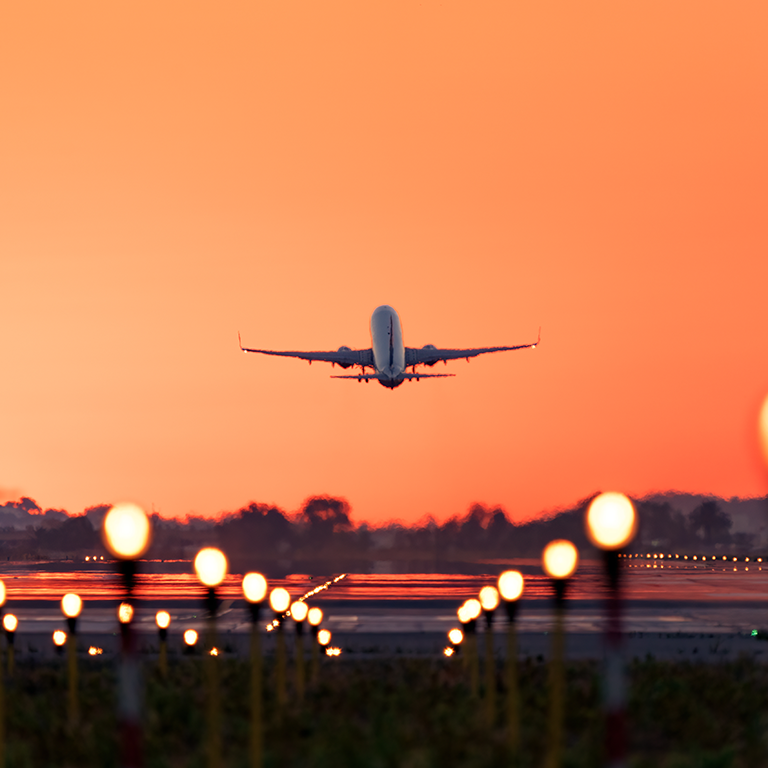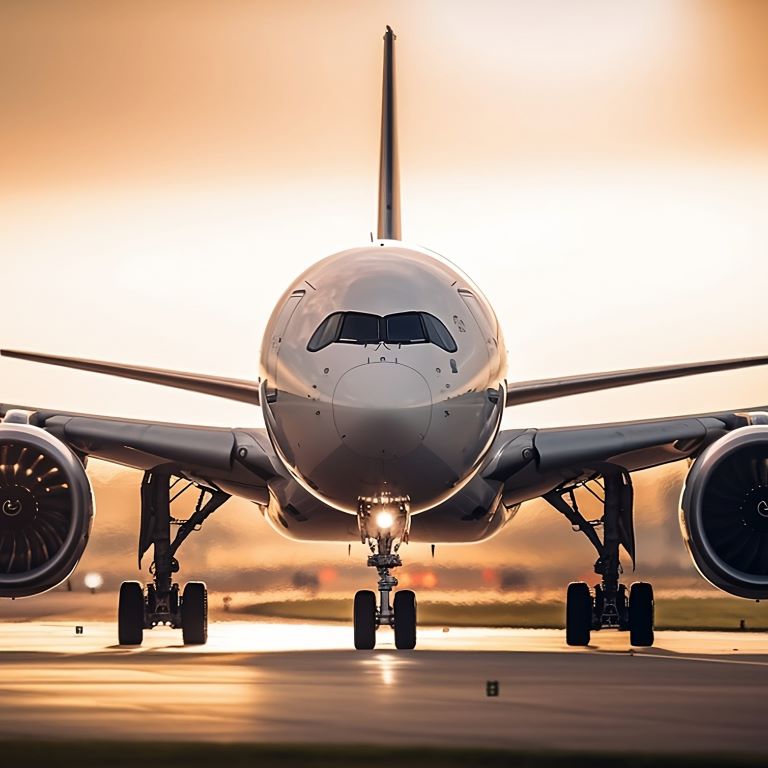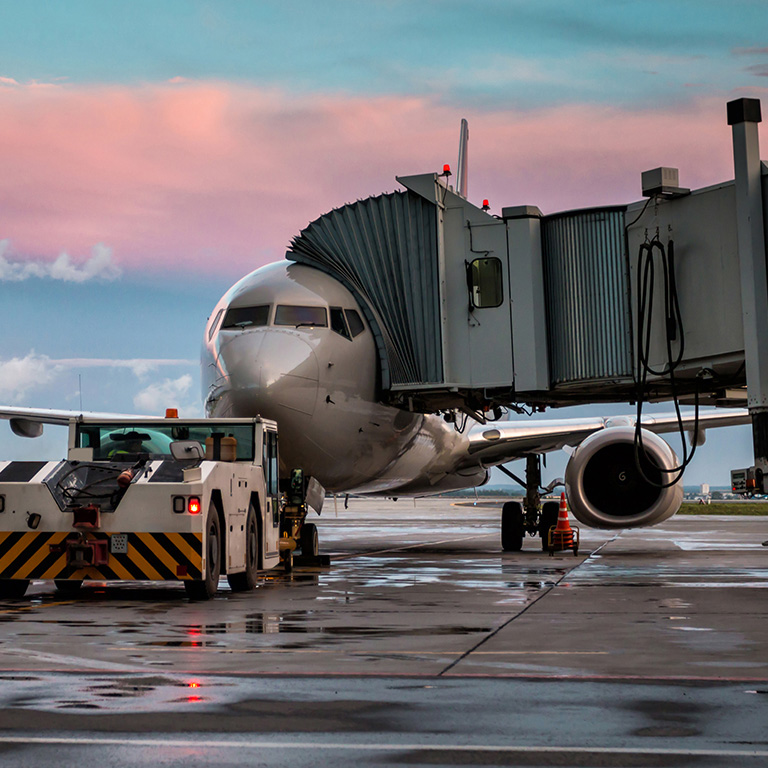
Garrett Hanrahan
Global Head of Aviation & Space
-
United States
Many sectors within the industry leverage technology to fuel growth, while others face ongoing challenges from COVID-19, new regulations, and structural cost reductions.
The changing risk landscape presents new opportunities and threats for organisations across the industry – from airlines, general aviation, aerospace, and space to leasing and finance. Specialist knowledge of the aviation and space insurance markets along with sound risk management strategies are crucial to managing the evolving risks the industry faces and seising opportunities for growth and resilience.
Our team of aviation and space specialists will work with you, providing clear, considered advice, to develop a sound insurance and risk management strategy. Our data and analytics capabilities allow a deeper understanding of your program in the context of the wider market. Our extensive experience with aviation and space claims means that we can handle your largest and most complex claims through to your low severity claims and help protect your best interests with insurers.
Working together, we can help better position your organisation to enhance its resilience, maximise its recoveries, and lower its cost of risk.

12/11/2024
As the aviation industry faces increasing complexities, there are many risks to manage.

30/07/2024
The report offers a holistic overview of factors impacting the airline insurance, general aviation insurance, and aerospace insurance markets.

24/07/2024
Companies with a comprehensive understanding of their potential loss volatility can design a risk financing strategy better aligned to their risk tolerance and risk appetite.
Find out how our specialist team support with innovative insurance and risk management solutions.
Damage policies do not typically cover anything that comes below the deductible/excess level or malicious acts. Malicious acts can include anything that was intentionally done to cause damage to an aircraft, ranging from pilot suicide to employee sabotage. Insurers have considered the shooting down of an aircraft (even if it wasn’t intentional) to be a malicious act. To cover these, a separate war policy is usually needed.
This is simply the formal name for a property and casualty insurance policy covering damages that affect the physical body of an aircraft.
The coverage line addresses the costs directly stemming from the damage the hull has sustained, as well as the labour necessary to repair the craft. In some (but not all) cases, hull insurance will extend to equipment within the craft that is not affixed to it, such as onboard navigation tools.
This does not cover bodily injury to passengers or any third party damage done by operating the aircraft, as these losses are covered by liability insurance.
Requests for liability limits typically vary from a low of US$5 million to US$100 million or more depending on the exposure. Non-owned aircraft liability insurance provides coverage in the event a corporation becomes legally liable for bodily injury (including passengers) and property damage to third parties as a result of a loss involving a corporation’s or employee’s use of a non-owned aircraft. Liability coverage would be provided to the corporation as long as the aircraft is not partly or wholly owned or registered in the name of the corporation, its subsidiaries, or related parties.
All businesses within the aviation and space industry should consider comprehensive coverage as a cornerstone of effective risk management, including:
Due to the high risks and costly investments, aviation and space businesses require unique coverage to fully protect all stakeholders and property.
When considering coverage, aviation and space companies need to understand the risks to their own assets and their unique day-to-day operations. However, airlines and general aviation businesses will also need:

Global Head of Aviation & Space
United States

Chairman, Aviation & Space, UK

Practice Leader, Aviation and Space, UK

Practice Leader, Aviation & Space, US

Practice Leader, Aviation & Space, Canada

Practice Leader, Aviation & Space, Continental Europe

Practice Leader, Aviation & Space, Asia
Singapore

Global Head of Space Projects
Singapore